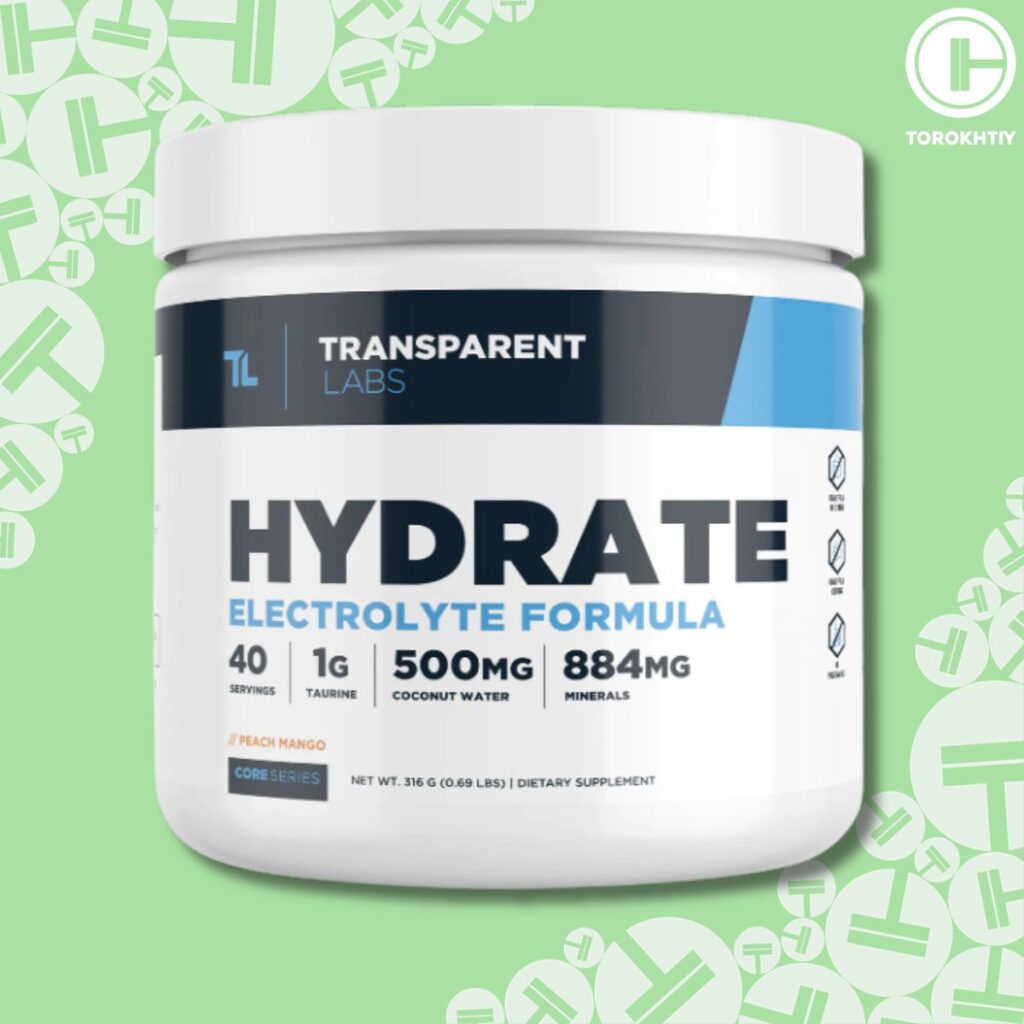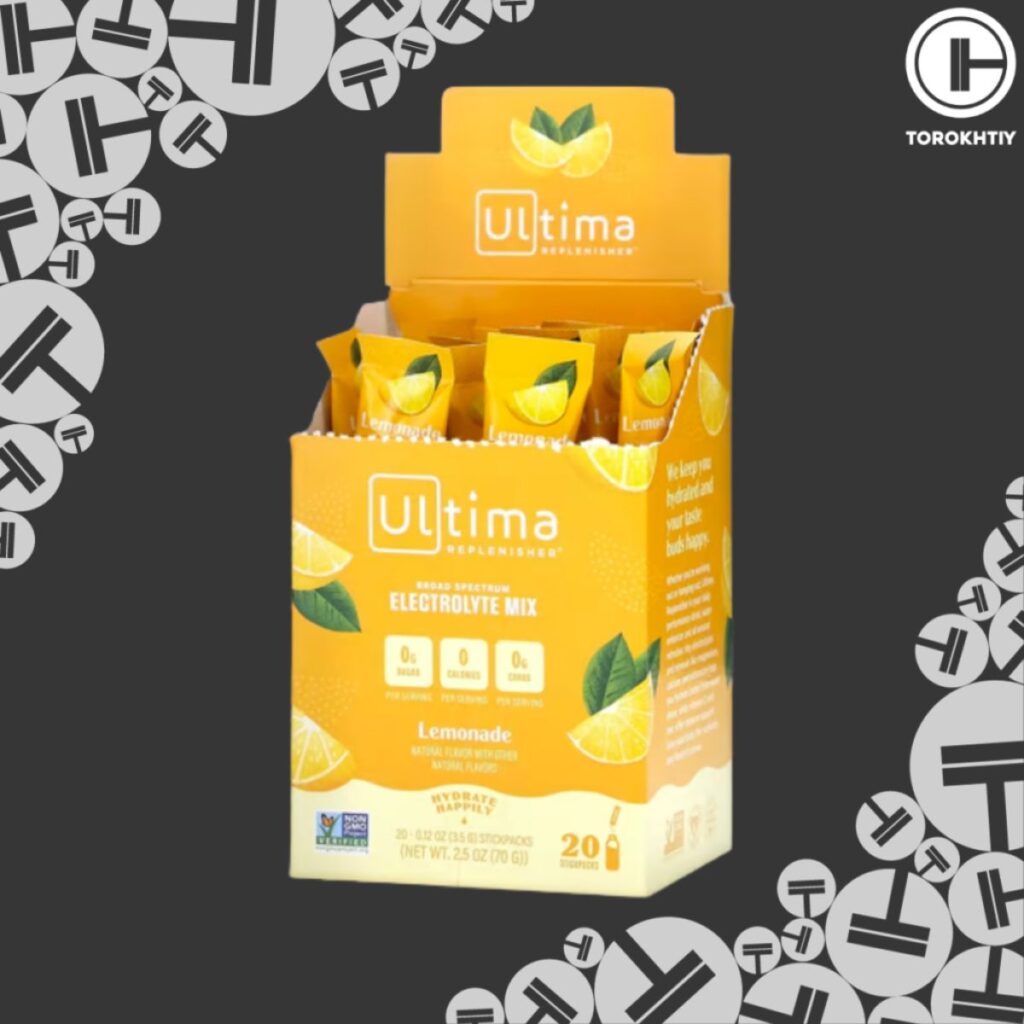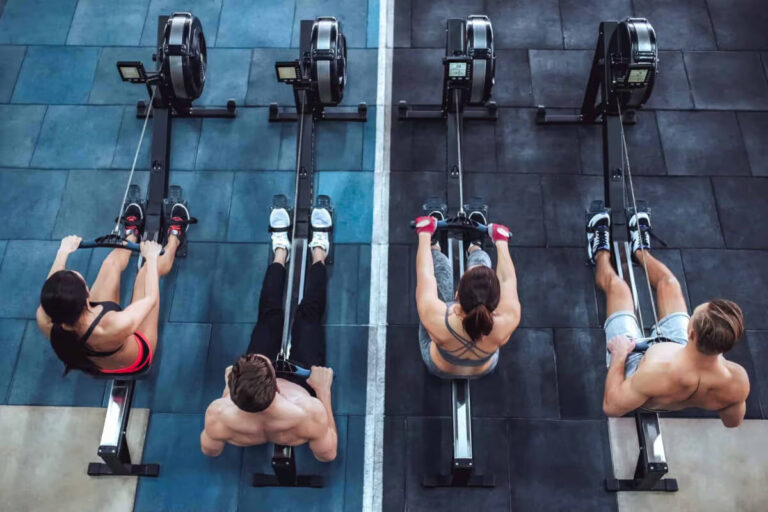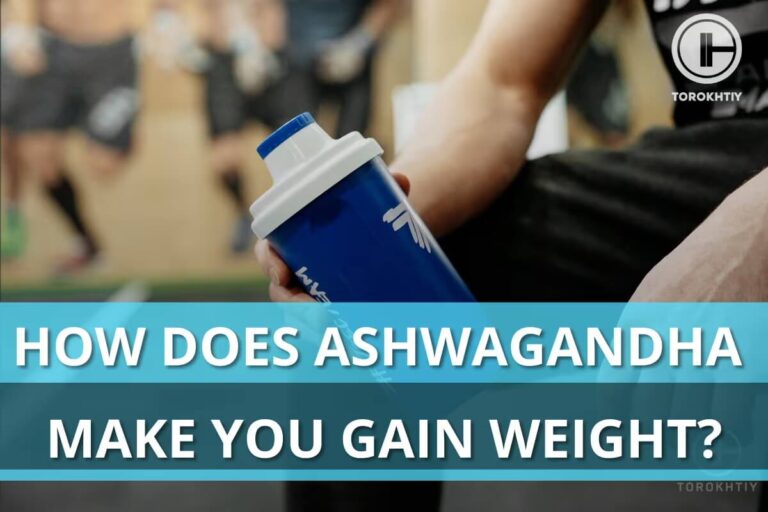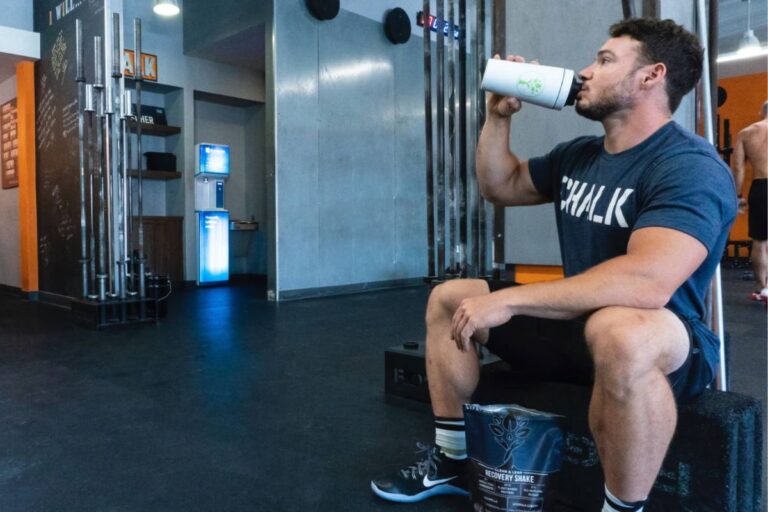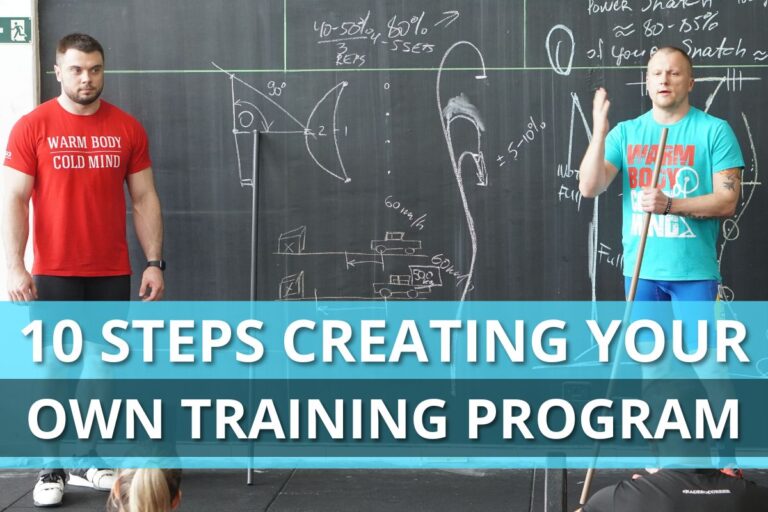Should You Take Electrolytes Before or After Workout?
Performing at a high level during sports and exercise means having the right nutrition and hydration strategies in place. When large sweat losses are experienced, should you take electrolytes before or after workout? This article will allow you to make an informed choice about your electrolyte intake based on your exercise goals and needs.
Whether you’re a fitness enthusiast or an elite-level gym user, we’ve discussed the best time to drink electrolytes below and looked at the different situations in which supplementation may be warranted to help you perform better.
Should You Take Electrolytes Before or After Workout? Drinking electrolytes before a workout may be warranted when large sweat losses can’t be practically replaced during exercise. After a workout, electrolyte supplements may be needed to replenish lost fluids and aid recovery. Correct usage depends primarily on the exercise duration.
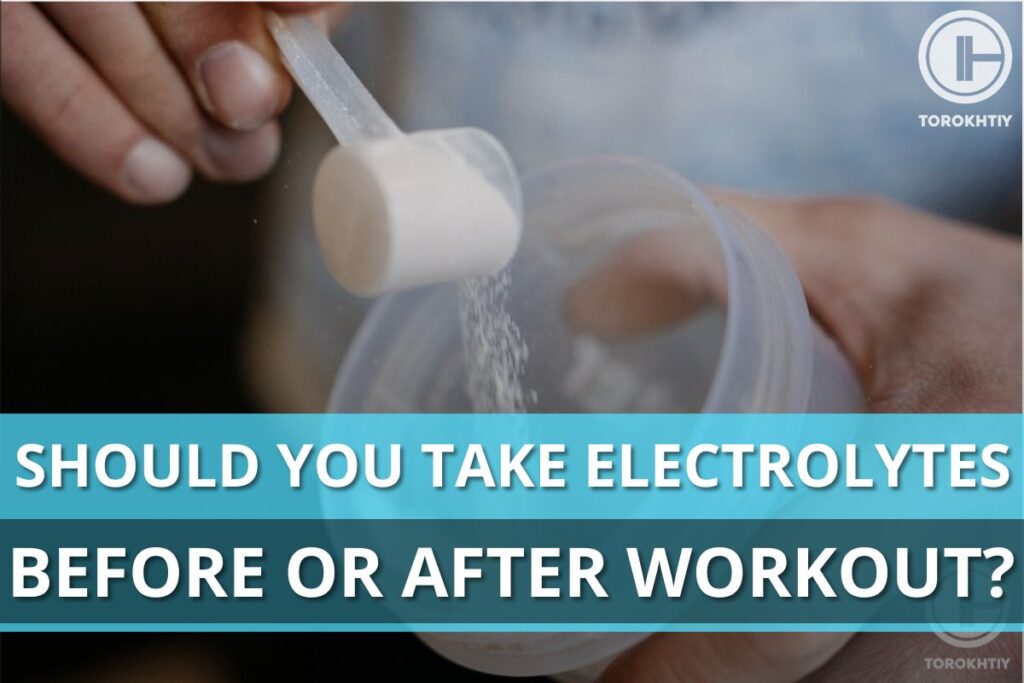
Do You Even Need Electrolyte Supplementation?
Unfortunately, most sports supplement manufacturers fail to provide specific guidance stating when their products should be used. Instead, they opt for generalized marketing which means that in most cases you may be wasting your money.
Electrolyte supplements are needed, but only in certain situations which we’ve discussed below.
1. If You’re an Average Fitness Enthusiast
During recreational exercise as an average gym-goer, it’s unlikely that sweat losses will be large enough to warrant the consumption of electrolyte supplements. This is because the exercise intensity and duration will most likely be under two hours and performed at a moderate to high intensity with several rest intervals.
As an average fitness enthusiast, electrolyte supplements or powders may be used before, during, and after workouts under two hours to improve drink palatability if plain water becomes hard to consume. In this case, you can divide the serving size to make a low-dose electrolyte powder or dilute the power with a larger volume of liquid to make it more suitable.
2. If Your Workouts are Long but Still Less than 2 Hours
If you regularly perform long workouts but they are still less than two hours, it’s likely that you won’t need a normal or high-strength electrolyte supplement. However, the correct use of an electrolyte supplement during these long workouts under two hours may depend on the specific situation and your individual rate of sweating which can be highly variable.
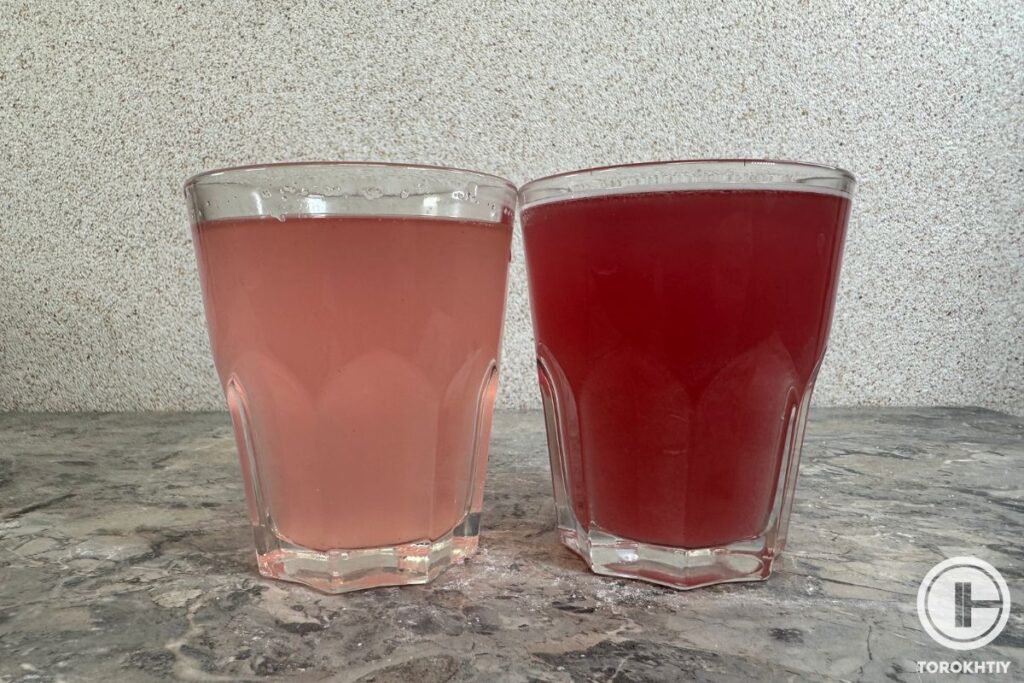
If you’re a team sports athlete who needs to exercise and workout in your protective sports clothing, sweat losses tend to be higher meaning electrolyte supplementation may be warranted even under two hours. A good example would be American Football players, where larger sweat losses were shown compared to other sports.
To add to this point, performing power-based work in hot and/or humid conditions may also require the use of an electrolyte drink or powder. Consider your environment and sports clothing when deciding if you need to supplement with electrolytes for activity under two hours. Consult the help of a professional if you’re unsure.
3. If You Exercise for 2 Hours or More and Sweat Profusely
Data examining the rates of sweating and degree of electrolyte loss during different exercise durations suggests that two hours or more is the minimum threshold required before electrolyte supplementation may be justified. As we’ve explained above, there are certain situations where this may not be the case but in general but use this as the minimal threshold.
If you’re working out for two hours or more and experience profuse sweating, it’s safe to say that the use of an electrolyte drink or powder is warranted to help replenish losses that can’t be practically replaced by other means. In this case, a mid to high-strength supplement can be used with the help of a professional.
4. If you Regularly Perform Endurance-type Workouts Lasting 4-6 Hours or More
If you’re regularly performing workouts for over four hours, you’ll need quality nutrition and hydration plans to keep your performance at a high level. In these cases, large amounts of electrolytes are likely to be lost through sweat meaning that the use of an electrolyte supplement would be most justified.
In this case, the help of an experienced sports nutritionist should be sought if this isn’t something you’ve done already. One thing to be aware of when exercising for this long is the increased risk of exercise-induced hyponatremia. This results when water intake exceeds sweat loss, causing the blood sodium content to dilute. This is another reason why a sodium-containing electrolyte supplement is needed.
Should You Take Electrolytes Before or After a Workout?
Now that we know the situations in which supplementation is warranted, should you drink electrolytes before a workout or after? We’ve looked at the three possible workout hydration opportunities below.
1. Before Exercise
Consuming electrolytes before a workout or exercise is commonly known as pre-loading. Before exercising in hot/humid environments, you need to decide whether the sweat losses experienced for the event duration can be practically replaced.
Pre-exercise hyperhydration can help to prepare your body for the subsequent event and stop electrolyte levels from falling low, therefore maintaining or improving performance.
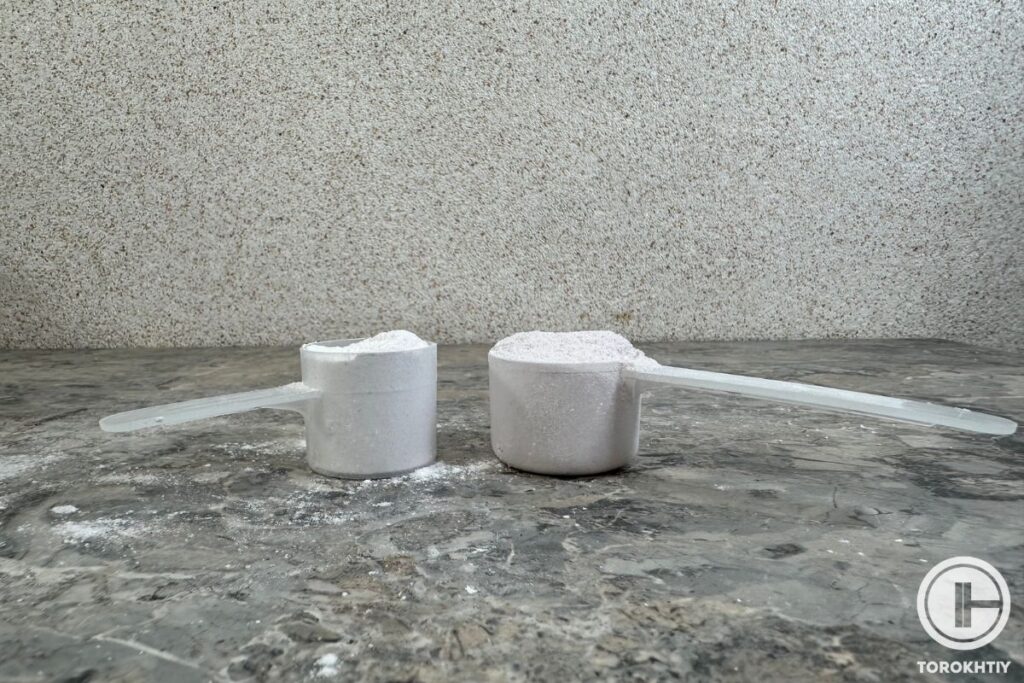
Intake before exercise can be a good idea for sports where drinking during the event is difficult, such as water sports.
The Australian Institute of Sport (AIS) recommends consuming 10 ml/kg body mass of fluid with sodium around 135 mmol/L around 1 to 2 hours before exercise takes place.
Make sure to check with a professional whether this is suitable for the exercise you’re performing before considering pre-loading prior to exercise.
2. During Exercise
During exercise and activity, the consumption of an electrolyte supplement may be considered if the event characteristics and conditions are well-known. Following this, the hydration plan can be pre-organized with the help of a sports nutritionist.
Once the event duration and environmental conditions have been calculated, a personalized fluid plan designed for the targeted replacement of sodium can be made. Fluid needs may be calculated according to individual sweating rates and previous data from similar exercise durations.
Foods and supplements containing carbohydrates and electrolytes can be used as desired and if practical during the event.
3. After Exercise
Following the exercise bout, a moderate to large fluid deficit may have occurred depending on the duration of activity and the hydration plan used.
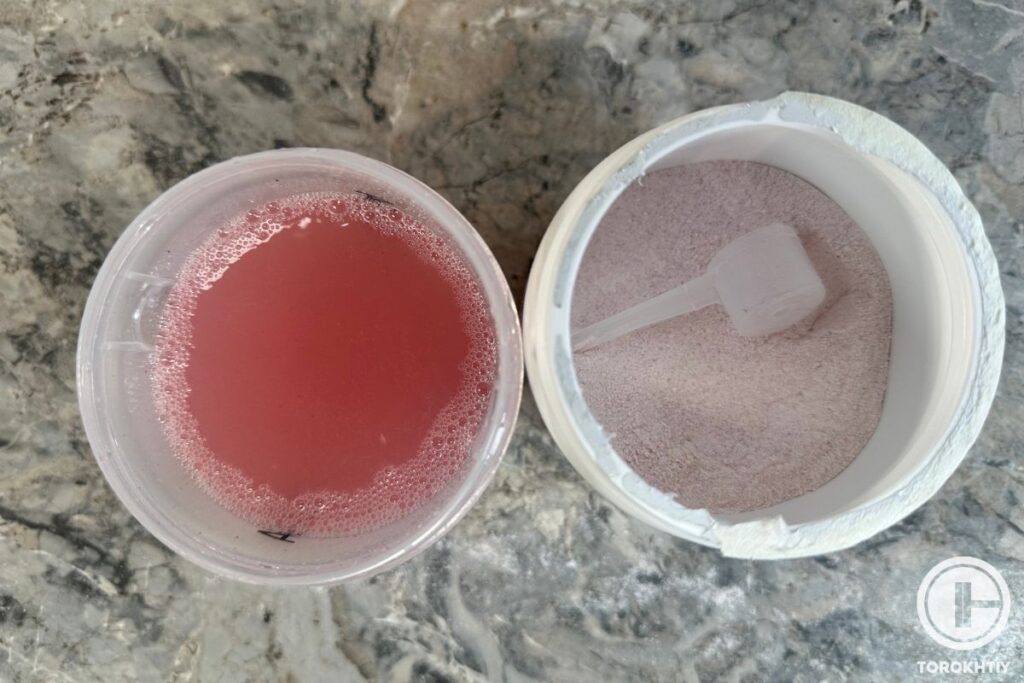
Situations where after exercise rehydration may be needed include:
- When large sweat losses are experienced and haven’t been replaced
- When there are two endurance exercise bouts close to each other
- When rehydration is needed before a sleep period as the exercise session was late at night
- When an athlete has made weight and needs to quickly rehydrate
The AIS recommends consuming 1.2 to 1.5x your estimated fluid deficit within 2 to 4 hours following activity. The electrolyte replacement may be accomplished via food or drink, with sodium as the most important electrolyte.
Our Recommended Ready-to-use Electrolyte Powder for Prolonged Endurance Exercise
Transparent Labs Hydrate Electrolyte Powder
- Form: Powder
- Flavors: Tropical Punch, Peach Mango
- Key Ingredients: Calcium, Magnesium, Sodium, Potassium
- Additional Ingredients: Coconut Water Powder, Taurine
- Package Information: 304g
- Servings: 40
- Price Per Serving: ~$0.75
- Company Founded: 2012
- Recommended by athletes: Paul Sklar, Hafþór Júlíus Björnsson
The Hydrate Ready-to-use Electrolyte powder from Transparent Labs has been perfectly designed for prolonged endurance exercise where large sweat losses are seen. With 500 mg of sodium, 500 mg of coconut water, and 1 gram of taurine in each serving, the Hydrate Electrolyte powder is an excellent choice for high-level replenishment.
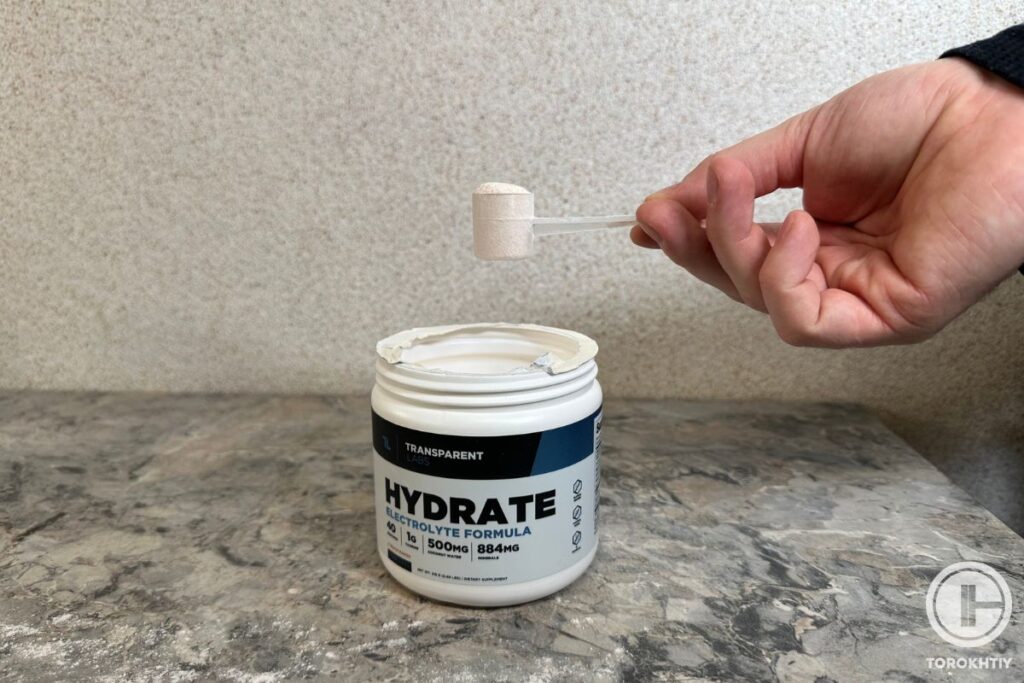
If you’re a normal gym enthusiast or don’t need something this strong, simply divide the suggested serving size appropriately or dilute the packet with a higher volume of liquid.
Each tub contains 40 servings and comes in three different flavors which are fruit punch, peach mango, and tropical lemonade. No artificial flavors, preservatives, or colorings are present in any of the flavors.
Our Recommended Ready-to-use Electrolyte Powder for Average Gym-goers
Ultima Electrolyte Drink Packets
- Carolies: 0
- Total Carbs: 0 g
- Vitamin C Per Serving: 100 g
- Calcium Per Serving: 65 g
- Potassium Per Serving: 250 mg
- Recommended by Athletes: Desiree Alexis-Kae Mize, Felicia LaTour
Ultima has designed convenient ready-to-use electrolyte packets for average gym-goers who want something to improve drink palatability during exercise. Their Electrolyte packets use a lower-strength formula that makes them well-suited to recreational exercise in under two hours.
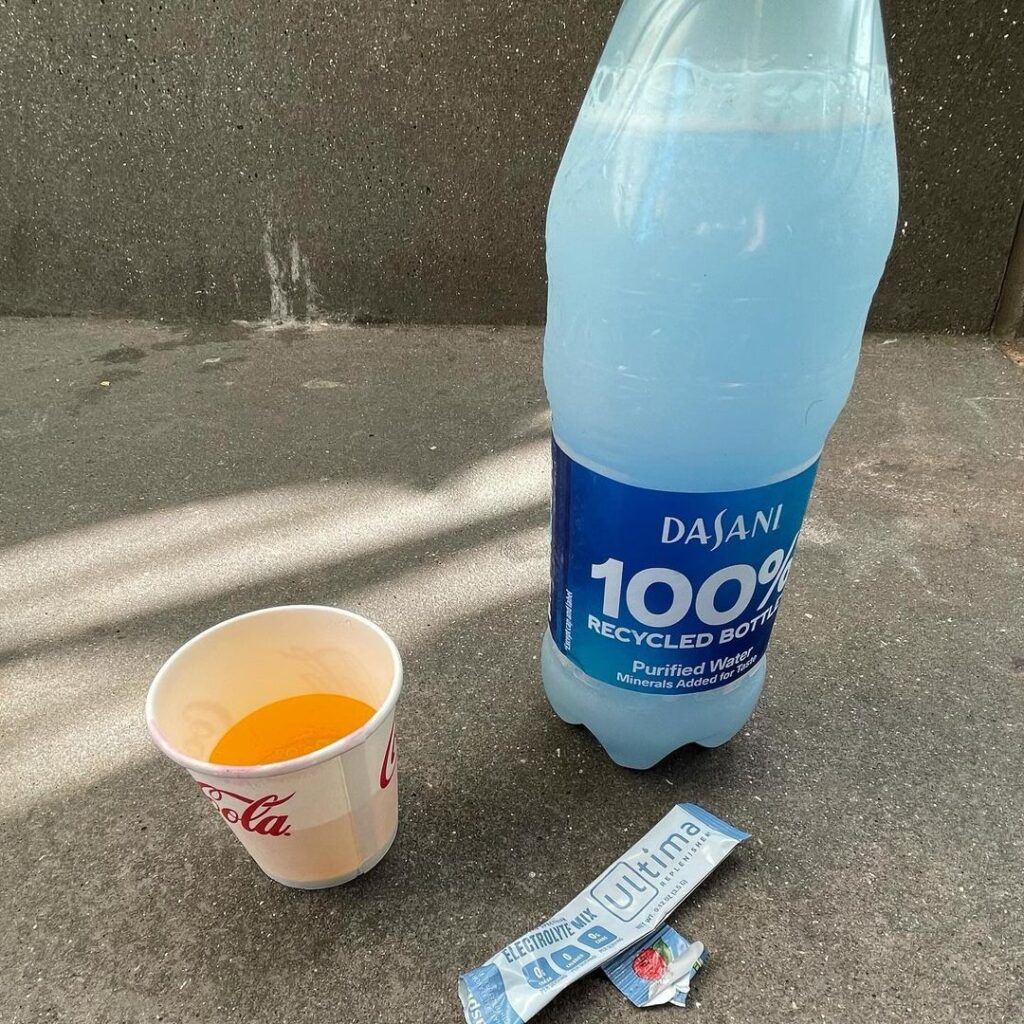
Each 3.5-gram stick has 55 mg of sodium and 100 mg of vitamin C which is 100% of your DRV. They are also zero-calorie, sugar-free, and produced with no artificial flavors and sweeteners. Each tub contains 20 sticks that come in three different flavors.
FAQ
Why Take Electrolytes Before a Workout?
During endurance-type exercise in hot and/or humid conditions, it can often become impractical to replace the large sweat losses experienced. Pre-exercise hyperhydration allows you to maintain hydration status more efficiently in situations where this couldn’t normally be achieved.
Are Electrolytes Necessary After Exercise?
Electrolytes are essential chemicals that may be needed by the body before, during, and after exercise depending on the exercise characteristics. Whether you need electrolytes after exercise will depend on the amount of sweat loss, activity duration and intensity, hydration plan, and environmental conditions.
Consider your hydration plan with the help of a professional who will advise you on how and when to take them according to your needs. Following exercise, the consumption of electrolytes may be needed to help replace lost fluids and help with muscle recovery.
Should I Take Electrolytes if I Sweat a Lot?
While a higher sweating rate will lead to bigger electrolyte losses when exercising, the main focus should still be the exercise duration and environmental conditions when deciding if to supplement.
Consider an electrolyte supplement when exercising for over two hours in hot and/or humid conditions. Electrolytes may also be needed for strength/ powder-based sports where protective gear leads to larger sweat losses.
Can I Drink Too Many Electrolytes in a Workout?
Consuming too many electrolytes can cause side effects and potentially be dangerous if not picked up early and monitored correctly. A high sodium level can lead to hypernatremia which may cause vomiting, dizziness, and diarrhea. Too much potassium also known as hyperkalemia can negatively impact kidney function and cause heart arrhythmia.
Conclusion
Consuming electrolyte supplements around a workout or exercise bout can help prevent dehydration and maximize performance when used correctly.
Pre-loading before exercise may be a good idea when sweat losses can’t practically be replaced during the event. An individual hydration strategy may be developed during activity if the event characteristics are known. Post-exercise hydration may be considered if a large fluid deficit has occurred during the workout.
What do you think about drinking electrolytes after a workout? Do you drink them before perhaps? Let me know your strategies below!
Also read:
References
- Susan M. Shirreffs, Michael N. Sawka, “Fluid and electrolyte needs for training, competition, and recovery,” Journal of Sports Sciences 29 (2011):S39-S46. doi:10.1080/02640414.2011.614269
- Lindsay B. Baker, Kelly A. Barnes, Melissa L. Anderson, Dennis H. Passe, John R. Stofan, “Normative data for regional sweat sodium concentration and whole-body sweating rate in athletes,” Journal of Sports Sciences 24, no.34 (2016):358-368. doi:10.1080/02640414.2015.1055291
- Kelly A. Barnes, Melissa L. Anderson, John R. Stofan, Kourtney J Dalrymple, Adam J. Reimel, Timothy J. Roberts, Rebecca K. Randell, Corey T. Ungaro, Lindsay B. Baker, “Normative data for sweating rate, sweat sodium concentration, and sweat sodium loss in athletes: An update and analysis by sport,” Journal of Sports Sciences 37, no.20 (2019):2356-2366. doi:10.1080/02640414.2019.1633159
- Ben Knechtle, Daniela Chlíbková, Sousana Papadopoulou, Maria Mantzorou, Thomas Rosemann, Pantelis T. Nikolaidis, “Exercise-Associated Hyponatremia in Endurance and Ultra-Endurance Performance-Aspects of Sex, Race Location, Ambient Temperature, Sports Discipline, and Length of Performance: A Narrative Review,” Medicine 55, no.9 (2019):537. doi:10.3390/medicina55090537
- William T. Jardine, Brad Aisbett, Monica K. Kelly, Louise M. Burke, Megan L. Rose, Dominique Condo, Julian D. Periard, Amelia J. Carr, “The Effect of Pre-Exercise Hyperhydration on Exercise Performance, Physiological Outcomes and Gastrointestinal Symptoms: A Systematic Review,” Journal of Sports Medicine 53, no.11 (2023):2111-2134. doi:10.1007/s40279-023-01885-2
- Electrolyte Supplement. Australian Institute of Sport. Available from: https://www.ais.gov.au/nutrition/supplements/group_a#electrolyte_supplement (Accessed January 19, 2024)
- T P. Backes, K Fitzgerald, “Fluid consumption, exercise, and cognitive performance,” Journal of Biology of Sport 33, no.3 (2016):291-296. doi:10.5604/20831862.1208485
Why Trust Us?
With over 20 years in Olympic Weightlifting, our team does its best to provide the audience with ultimate support and meet the needs and requirements of advanced athletes and professional lifters, as well as people who strive to open new opportunities and develop their physical capabilities with us.
By trusting the recommendations of our certified experts in coaching, nutrition, dietology, and sports training programming, as well as scientific consultants, and physiotherapists, we provide you with thorough, well-considered, and scientifically proven content. All the information given in the articles concerning workout programming, separate exercises, and athletic performance, in general, is based on verified data. We ensure that you can rely on our professionals’ pieces of advice and recommendations that can be treated as personalized ones which will benefit you and fully meet your needs.
The product testing process is described in more detail here
Camila has worked as a Nutritionist for 7 years. In addition to being a nutritionist, she is an amateur weightlifting athlete for 2 years. Camila has experience at Flamengo’s football base and in a food supplement company and currently provides services at a clinic. At the moment she is coursing a postgraduate study in Sports Nutrition.

